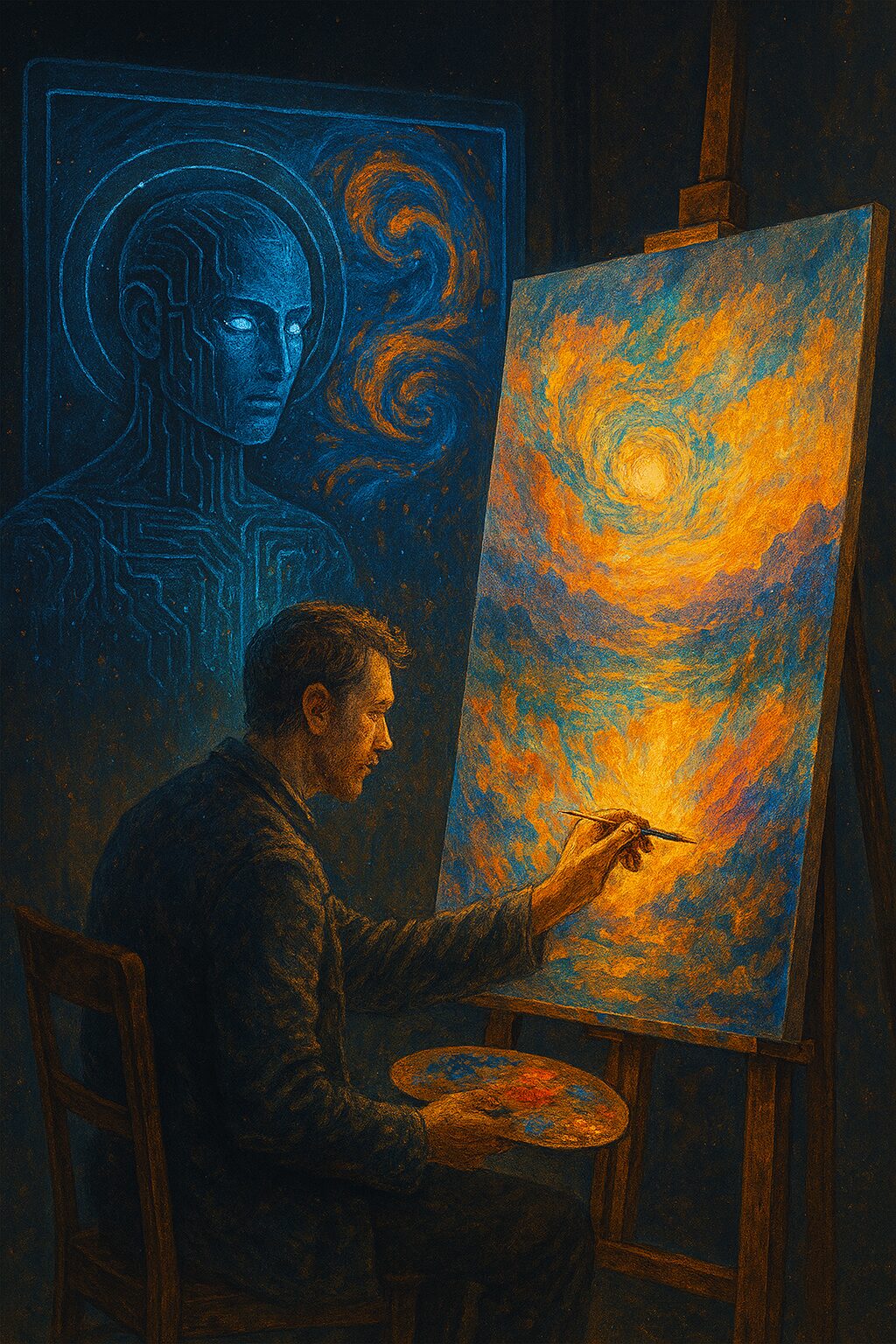Introduction
Artificial Intelligence (AI) is no longer just a tool for automation—it’s a creative partner. From composing music to designing immersive virtual worlds, AI is revolutionizing the entertainment industry. In 2025, the fusion of machine learning, generative models, and neural networks is empowering creators to push boundaries, streamline production, and personalize experiences like never before.
This article explores how AI is reshaping creativity and entertainment, highlighting key applications, benefits, and future trends.
🚀 Key Applications of AI in Entertainment
Domain AI Use Case
🎬 Film & Video Production Scriptwriting, automated editing, CGI enhancement, deepfake synthesis
🎵 Music Composition AI-generated melodies, harmonization, mastering, and voice synthesis
🎮 Gaming Dynamic NPC behavior, procedural world generation, adaptive storytelling
📚 Literature & Writing Plot generation, character development, grammar correction, style adaptation
📺 Streaming Platforms Personalized recommendations, predictive analytics, content tagging
🧠 Visual Arts AI-assisted painting, generative design, style transfer
🎭 How AI Enhances Creative Processes
AI doesn’t replace creativity—it amplifies it. Here’s how:
✍️ Co-Creation: Tools like GPT-4 and DALL·E allow artists to brainstorm, iterate, and refine ideas collaboratively with AI.
🎧 Speed & Scale: AI accelerates production timelines by automating repetitive tasks like editing, tagging, and formatting.
📊 Audience Insights: Machine learning analyzes user behavior to guide content strategy and optimize engagement.
🧬 Hyper-Personalization: AI tailors experiences to individual preferences, from music playlists to interactive narratives.
🌟 Benefits of AI in Creative Industries
✅ Efficiency: Faster workflows and reduced production costs
✅ Accessibility: Democratized tools for creators of all skill levels
✅ Innovation: New genres, formats, and storytelling techniques
✅ Engagement: Personalized content boosts user satisfaction and retention
✅ Scalability: AI enables mass customization across global audiences
⚖️ Ethical Considerations & Challenges
While AI unlocks new creative potential, it also raises important questions:
🧍♂️ Authorship: Who owns AI-generated content?
🧠 Bias: Are AI models perpetuating stereotypes or cultural inaccuracies?
🧊 Deepfakes: How do we balance innovation with misinformation risks?
🧬 Job Displacement: Will AI replace human creatives or redefine their roles?
Responsible innovation requires transparency, regulation, and inclusive design.
🔮 Future Trends in AI-Driven Entertainment
🧠 Synthetic Performers: Virtual influencers and AI-generated celebrities
🕹️ Immersive Worlds: AI-powered AR/VR environments with adaptive narratives
🎙️ Voice Cloning & Emotion Modeling: Realistic voice synthesis for characters and avatars
📽️ Real-Time Storytelling: Interactive content that evolves based on viewer input
🧬 Neuro-AI Interfaces: Brain-computer interaction for creative expression
🌐 SEO Optimization Summary
✅ Meta Title: “AI for Creativity & Entertainment: Transforming Content in 2025” ✅ Meta Description: “Explore how artificial intelligence is revolutionizing creativity and entertainment. Discover key applications, benefits, and future trends in AI-driven content.” ✅ Keywords: AI in entertainment, creative AI tools, AI music composition, AI video editing, generative art, personalized content AI, future of media ✅ Formatting Tips:
Use structured headings (H1–H3)
Include tables and bullet points for readability
Embed alt text in visuals (e.g., “AI-generated music interface”)
Keep paragraphs concise and keyword-rich
Conclusion
AI is not replacing creativity—it’s redefining it. As algorithms become collaborators, the entertainment industry is entering a new era of innovation, personalization, and artistic possibility. Whether you’re a filmmaker, musician, writer, or gamer, AI offers tools to elevate your craft and connect with audiences in deeper, more meaningful ways.

